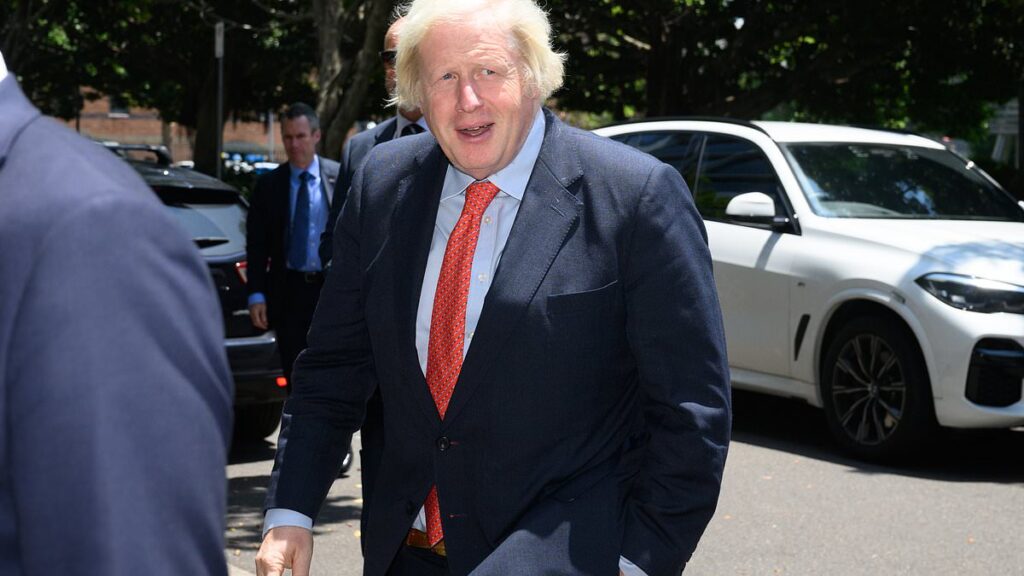By JAMES TAPSFIELD, POLITICAL EDITOR FOR MAILONLINE
Published: | Updated:
Labour has been accused of quietly dropping a law forcing ‘woke’ councils to get support from residents before changing street names.
Legislation introduced by the Tories in the wake of the Black Lives Matter protests would have obliged local authorities to secure two-thirds backing in a referendum before renaming landmarks.
It was brought in after a series of examples of town halls trying to cut ties with figures accused of having links to the historic slave trade.
However, a report by Policy Exchange highlighted that the regulations have not been implemented.
A ‘compendium’ compiled by the think-tank also highlighted more recent cases of authorities trying to rewrite their connections with the past.
That included the City of London Corporation launching a project to identify historical officials who were tied to slavery.

Legislation introduced by Boris Johnson’s (pictured) Tories in the wake of the Black Lives Matter protests would have obliged local authorities to secure two-thirds backing in a referendum before renaming landmarks
Lara Brown, Policy Exchange Senior Research Fellow and author of the compendium, said: ‘The Labour Government has quietly dropped legislation which would have prevented activist councils from renaming streets over the heads of local residents.
‘They claim they wish to end the culture wars, and yet they are pursuing the politics of division, prioritising a minority of campaigners over the views of the public.
‘Policy Exchange’s History Matters Compendium shows that action continues to be taken widely and quickly to reframe how the past is presented.’
Policy Exchange’s History Matters project, chaired by broadcaster Sir Trevor Phillips, was established in June 2020 to ‘address widespread national concern about the growing trend to alter public history and heritage without due process’.
The City of London Corporation announced its £34,000 review last week.
Chris Hayward, Policy Chairman, said at the time: ‘In line with our commitment to equity, equality, diversity and inclusion, this project will help us to better understand the City Corporation’s past, ensuring that we are transparent about our role in this shameful period of the UK’s history.’
Professor William Pettigrew said: ‘Like many well-established British institutions, the City of London Corporation has connections to the transatlantic trade in enslaved African people. This commissioned research will seek to define those connections.’

The BLM movement sparked a series of protests against the names of streets perceived as linked to the slave trade, including Penny Lane in Liverpool (file picture)
Share or comment on this article:
Labour ‘quietly drops’ law forcing ‘woke’ councils to get support from residents before changing street names










